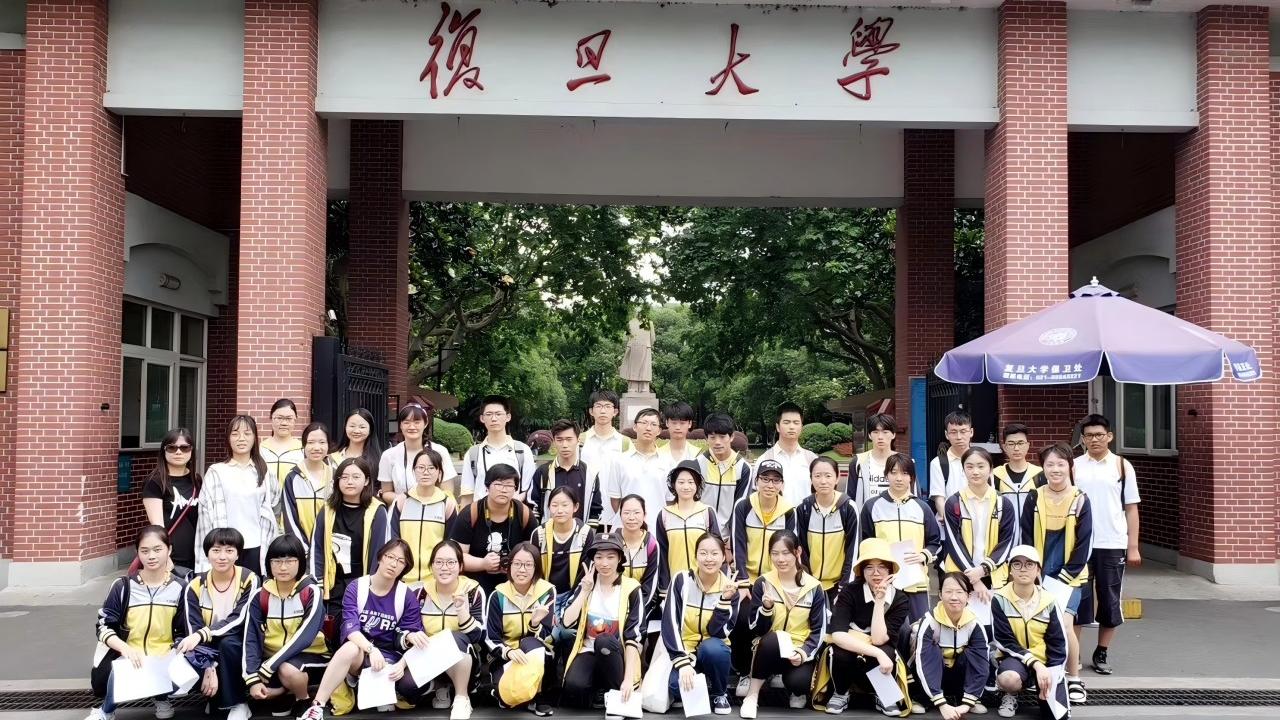Shanghai, China’s economic and cultural powerhouse, boasts a dynamic higher education system that blends academic excellence, cutting-edge research, and global collaboration. As home to over 60 higher education institutions, the city serves as a national leader in fostering innovation, attracting talent, and driving economic growth.

Institutions and Academic Excellence
Shanghai’s higher education landscape includes prestigious Double First-Class universities, elite public institutions, and vibrant private colleges. Leading institutions like Fudan University and Shanghai Jiao Tong University rank among Asia’s top schools, renowned for their rigorous programs and interdisciplinary approaches. Fudan excels in humanities, social sciences, and medicine, while Jiao Tong leads in engineering, computer science, and aerospace. Other notable public universities include East China Normal University (education and sustainability) and University of Science and Technology of China (STEM).
The city also fosters niche institutions, such as Shanghai International Studies University (global studies) and Tongji University (architecture and urban planning), reflecting Shanghai’s diverse educational priorities. Private institutions like NYU Shanghai and Lingnan University enhance diversity with international curricula and innovative pedagogy.
Research and Innovation
Shanghai’s universities are engines of technological advancement. They contribute significantly to national research output, securing substantial funding from government grants and corporate partnerships. Initiatives like the National Laboratory of Shanghai and Shanghai Tech University focus on AI, quantum computing, and biotechnology. Collaborative projects with multinational corporations and startups thrive in hubs like Zhangjiang Science City, bridging academia and industry.
Global Engagement
Internationalization is central to Shanghai’s educational strategy. Universities offer English-taught programs, host global conferences, and collaborate with top institutions worldwide. Carnegie Mellon University Asia and ETH Zurich’s Shanghai campus exemplify cross-border partnerships. The city’s appeal to international students—over 60,000 in 2022—stems from scholarships, multicultural campuses, and exchange programs.
Industry-Academia Synergy
Shanghai’s status as a global financial and tech hub influences its educational agenda. Universities partner with companies like Alibaba and Huawei to develop practical curricula, incubate startups, and provide internship opportunities. Programs in finance, data science, and smart manufacturing align with the city’s economic goals, preparing graduates for leadership roles.
Challenges and Future Vision
Despite its successes, Shanghai faces challenges: intense competition for admission, academic pressure, and balancing tradition with modernization. Efforts to address these include reforms promoting creativity, mental health support, and expanded access to vocational training.
Looking ahead, Shanghai aims to solidify its position as a global education hub by investing in digital transformation, sustainability initiatives, and inclusive policies. By nurturing talent and fostering innovation, the city continues to shape the future of higher education in China and beyond.
With its blend of historical depth, cutting-edge facilities, and global ambition, Shanghai’s higher education system remains a cornerstone of China’s rise as a knowledge-based economy.


